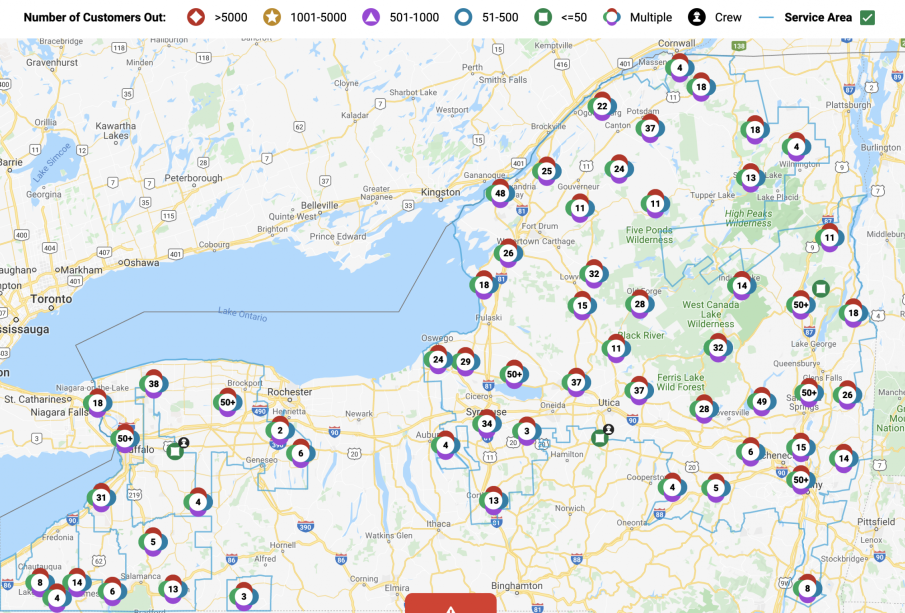Understanding Power Outages and Their Impact

Introduction
Power outages are a common yet significant issue that can disrupt daily life, impact businesses, and even pose safety risks. Recently, Canada has faced a series of power outages due to various factors including extreme weather, aging infrastructure, and increased energy demand. Understanding the implications of these outages is crucial for both individuals and communities as we adapt to changing environmental conditions.
Recent Events
In the past few months, several provinces have reported notable power outages. For instance, British Columbia suffered extensive outages during a winter storm in early February, with over 100,000 customers losing power at its peak. The high winds and heavy snowfall caused trees to topple onto power lines, highlighting the vulnerability of electrical infrastructures to severe weather.
Similarly, in Ontario, a significant power failure was reported due to an unexpected surge in energy demand combined with generation failures. The Ontario Power Generation (OPG) stated that maintenance on several plants coincided with the surge, resulting in widespread outages affecting both urban and rural areas.
Causes of Power Outages
Power outages can occur for various reasons. The major causes include:
- Severe Weather: Storms, hurricanes, and snowstorms can lead to downed power lines and damaged infrastructure.
- Infrastructure Issues: Aging electrical grids and equipment can result in unexpected failures.
- Human Error: Mistakes during maintenance or operations can inadvertently cause outages.
- Wildfires: In regions prone to wildfires, proactive power shutdowns are sometimes initiated to prevent fires from igniting.
Impact on Communities
The impact of power outages extends beyond inconvenience. Businesses can suffer significant financial losses, especially in sectors reliant on refrigeration, like food services and retail. Health facilities can face risks, particularly those that rely on consistent power for life-saving equipment.
On a community level, outages can lead to more serious concerns; for example, lack of power can hinder emergency services and access to clean water, affecting vulnerable populations. In response, cities across Canada are enhancing their emergency preparedness plans, investing in smarter grids, and adopting renewable energy sources to mitigate the risks associated with power disruptions.
Conclusion
As climate change continues to influence weather patterns, the frequency and severity of power outages may increase. It is essential for communities and governments to invest in resilient infrastructure, develop effective emergency response strategies, and educate citizens on preparedness. By staying informed and proactive, we can work together to minimize the impact of these inevitable outages on our daily lives.









